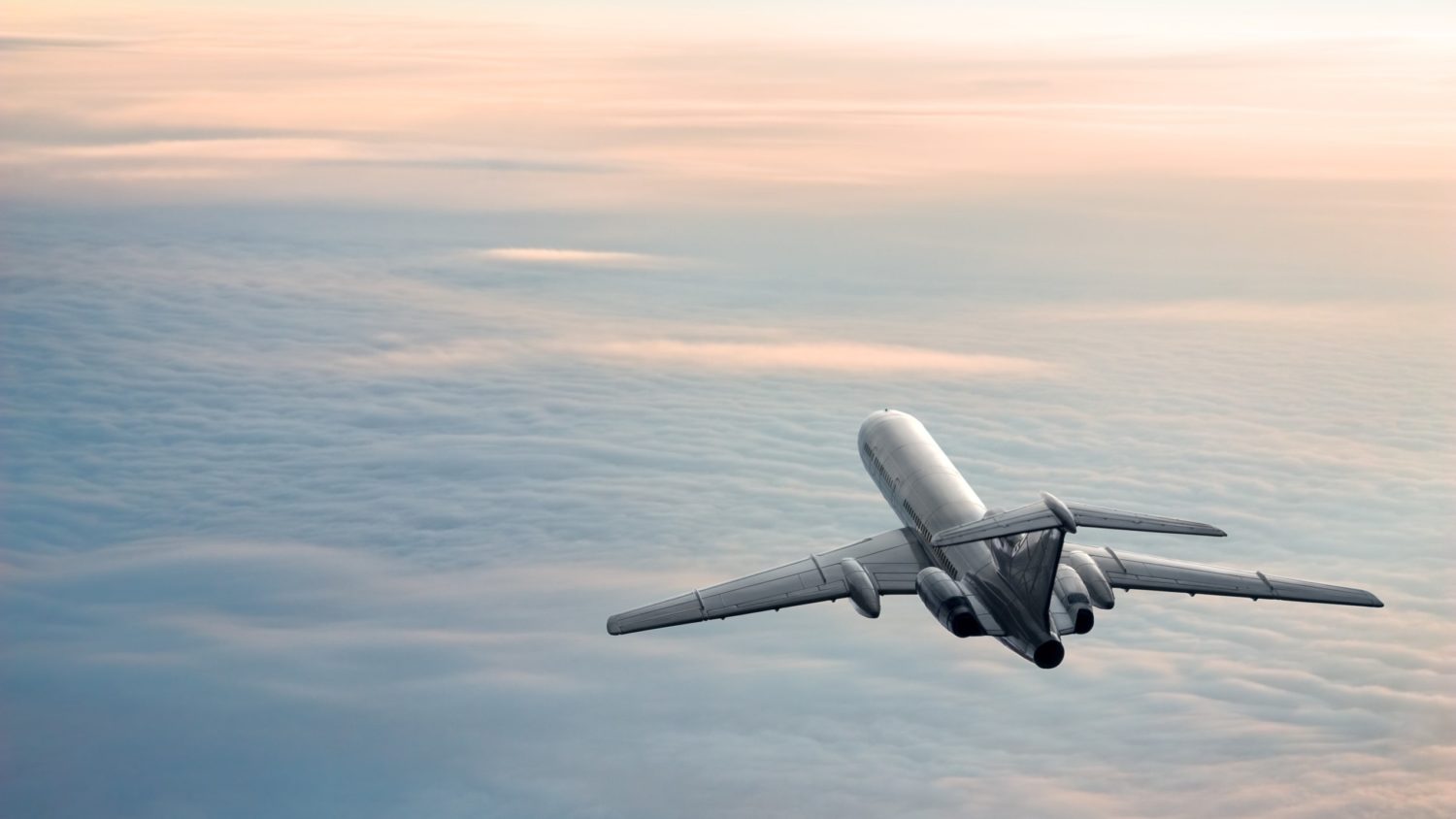
COVID-19 has impacted all facets of society, including high-net-worth individuals, business owners, and C-suite executives who typically travel extensively for work and pleasure. While many initially scaled back their travel plans amid the global lockdown, people are beginning to travel once again. In fact, private jet companies are experiencing an uptick in bookings, as wealthy individuals plan luxury holidays in the countries where they hold additional citizenship and corporate buyers fly as a group. The private aviation business, according to the Word Travel Market, is forecasted to recover in three phases: repatriation, business trips and leisure tourism. For example, by the end of May, 2020, private travel had returned to 60% of pre-COVID levels.
Travel safety and security, always a concern for affluent families and business owners and executives, have been made even more complicated by COVID-19. In addition to taking the precautions and measures necessary when traveling to protect against potential nefarious and criminal activity, it’s also important to rethink how and where you travel until the exposure to COVID-19 is mitigated. As mentioned above, many wealthy people are opting to exclusively fly privately, while others are increasingly looking at multi-million-dollar, single-family vacation residences, as they offer safe sanctuaries, peace of mind, and the ability to travel within one’s circle of trust. Places like Cyprus and Malta have been big draws for the wealthy as have countries in the Caribbean, such as Dominica, Antigua, Barbuda, and St. Kitts, where there have been few cases of the virus.
Wherever you go, however you go, wherever you stay, remain safety-vigilant
It’s important that prior to taking off, whether you’re traveling on your own, with the family or on a business trip, that your safety and security plan is reviewed and updated to reflect what’s going on in the world today, particularly at a time of economic crisis when civil unrest and crime are more prevalent. Be sure to review the following:
Prior to departure
- Check visa requirements and ensure all information on visa applications is 100% accurate.
- Keep copies of all your important documents, particularly passports and credit cards, in a safe, secondary location, and use your initials and a corporate address—never your full name or home address—on your luggage.
- Ensure a family member has a copy of your itinerary and contact details. Communicate any changes.
- Purchase travel insurance and medical assistance/evacuation coverage and consider purchasing Kidnap & Ransom insurance.
- Alert each of your credit card companies of your travel plans.
- For foreign travel, have your family office or business travel group register you with the U.S. State Department, which will alert you to any known threats.
- Travelers should visit the government website for their intended travel destination for the latest COVID related requirements.
While on your trip
- Confirm your arrival to your office and/or family and call in regularly.
- Travel with a satellite phone or a Bluetooth beacon, which will send authorities a request for assistance if needed.
- Avoid using public WiFi; instead use your cell service. The amount of confidential data and information on a phone, a laptop or an iPad is too valuable.
- Travel in casual clothes. Don’t wear expensive watches or jewelry, and avoid using expensive luggage – all of which can attract unwanted attention.
- Arrange for licensed transportation ahead of the trip. Check the credentials of the person who is meeting you. The risk of ‘express kidnapping’ is extraordinarily high when a family is meeting someone at an airport who may present him/herself as a private driver.
- Remain alert – fraudsters and pickpockets operate in many airports and on the streets.
- Do not carry large sums of money or carry all your credit cards on you.
DISCLAIMER
This material has been prepared for informational purposes only and was generated from information provided to Insgroup from the client and/or third-party sources. Therefore, Insgroup makes no warranty or representation(s) as to the accuracy or appropriateness of the data and/or the analysis herein. This information is not intended to provide, and should not be relied on for, tax, legal or accounting advice. You should consult your tax, legal and accounting advisors for those services.
